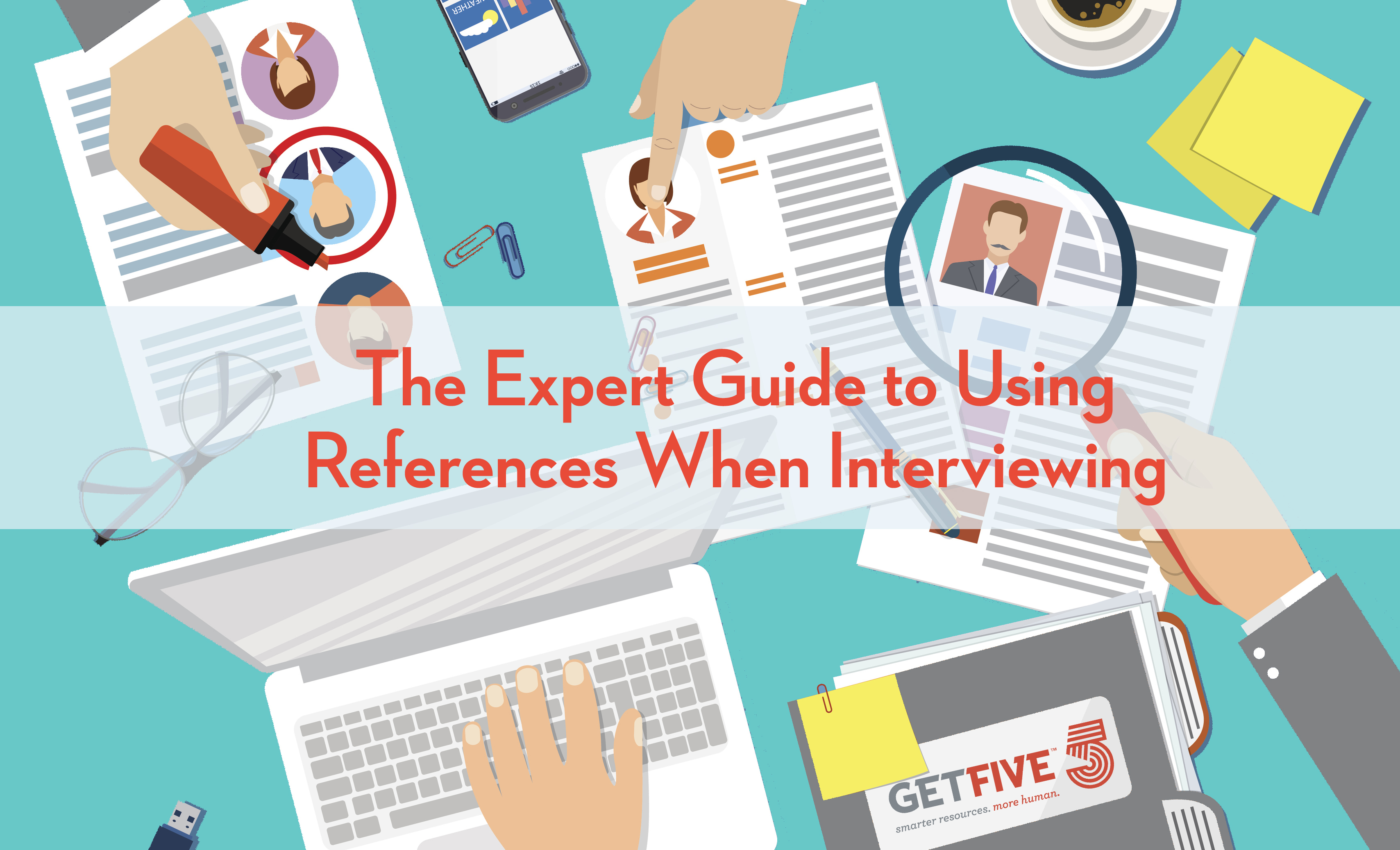If you’re a job hunter, a reference from a former boss can be invaluable. If this person points out your strengths and passions to a hiring manager, his or her referral can seal the deal. But what happens if this person never picks up the phone? These reference guidelines increase your chances of making your references more responsive.
If a former supervisor has offered to be a reference, that’s a great first step. However, it can do your search a disservice if they never actually respond to inquiries related to your job search. The fact is, many supervisors are busy and may not have time to speak with every person who calls. So what can you do?
To ensure you’re not overwhelming your references, consider not providing their names until later in the hiring process. During your initial application you do not need to list references unless requested. Instead, the first or second interview is probably a good time to offer references to hiring managers. That way you respect your references’ time because they’ll only be contacted with serious inquiries.
Another option is to get a reference letter rather than just phone or email information. You can add this letter as an addendum to an application as well as print out a copy to hand out during interviews. A letter is convenient, as it is a permanent testament of your abilities that can be used over and over again.
Keep in mind, writing a good reference letter can take time, and not all references will be willing to do so. If you run into any roadblocks, consider offering to write a draft. A lot of busy supervisors actually request this of anyone who wants their reference. That way it gives them a good idea of what to focus on, including special project details that they may not immediately recall. The reference, of course, has final say on anything printed in that letter, but taking this approach can be a huge time-saver that will increase your chances of getting a high-quality letter to use with less waiting.
Finally, if your reference doesn’t want to write a letter but still doesn’t answer phone or email inquiries, it might be time to re-evaluate. Not returning a call is often considered negative, as it may raise the hiring manager’s suspicions. If a reference has proven to be unreliable, it’s time to consider alternatives who will be more responsive.









